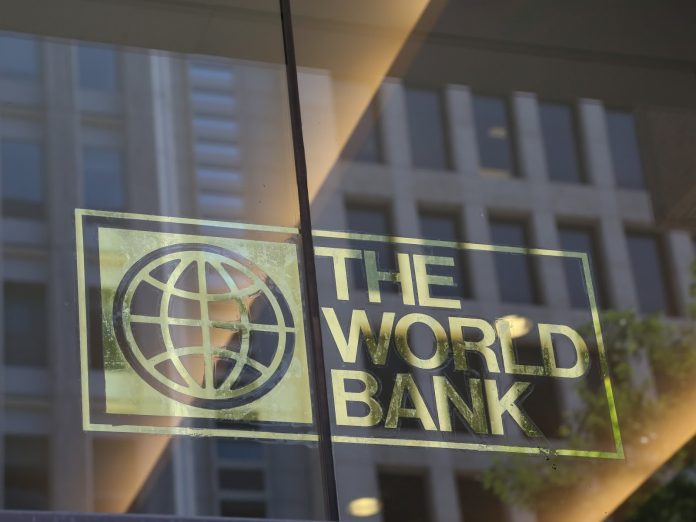Aug 10, 2020: The Asian Development Bank (ADB) survey revealed on Monday that about one-third (33.3 percent) of farm households in Punjab experienced losses in wages and non-farm earnings due to lockdown amid COVID-19.
Some 22.6 percent reported that at least one family member had returned home from urban and other areas, while 11.2 percent reported reduced nonfood expenditures, and 9.8 percent reported lower food consumption.
The survey “COVID-19, impact on farm households in Punjab” was conducted by the ADB team.
More than 400 farmers in Punjab province were surveyed on the impact of the nationwide lockdown in response to the coronavirus disease (COVID-19) pandemic and locust attacks.
The survey of farmers in Punjab revealed that wheat harvesting and marketing was spared the negative effects of the restricted movement of goods imposed because of COVID-19, except in the southern districts.
Most respondents (97.3 pc) reported having completed harvesting their wheat—for the majority, the harvesting period started on the last week of April and ended on the second week of May.
Of those who had completed their harvest at the time of the survey, 74.6 percent reported that they were able to market their wheat without difficulty.
Most of those who did not sell wheat kept the produce for self-consumption. Only a few respondents had difficulty selling their wheat.
Restrictions on movement of goods upset the marketing of highly perishables, such as vegetables, fruits, and milk as they are difficult to store, unlike grains.
Unlike the wheat farmers, large proportions of vegetable and fruit farmers reported difficulties in marketing their produce. Around 24 percent of vegetable and fruit growers found the offered prices too low, 23.4 percent could not visit markets, and 8 percent could not find traders to sell their produce. Most of these respondents stated COVID-19 as the main reason for these problems.
Disruptions in the food supply chain result directly in income losses for producers and increased food prices, and therefore need to be kept at a minimum under the COVID-19-induced movement restrictions.
The rising input prices raise grave concerns about the forthcoming rice growing season.
Overall the farmers have lost cash earnings during the COVID-19 pandemic. Coupled with the higher input prices, farmers may not be able to buy the inputs they need for rice production.
Because rice is a major staple crop for domestic consumers and an important export product, increased input prices may cause significant problems for Pakistan’s economy.
At the same time, locust swarms were reported in the two surveyed districts, with more severe cases observed in Balochistan and Sindh provinces than in Punjab.
The swarms have resulted in production losses for farmers who are already suffering the effects of the COVID-19 pandemic.
Immediate prevention and mitigation measures are required, in addition to midterm measures to prevent a future resurgence.
APP
36213







